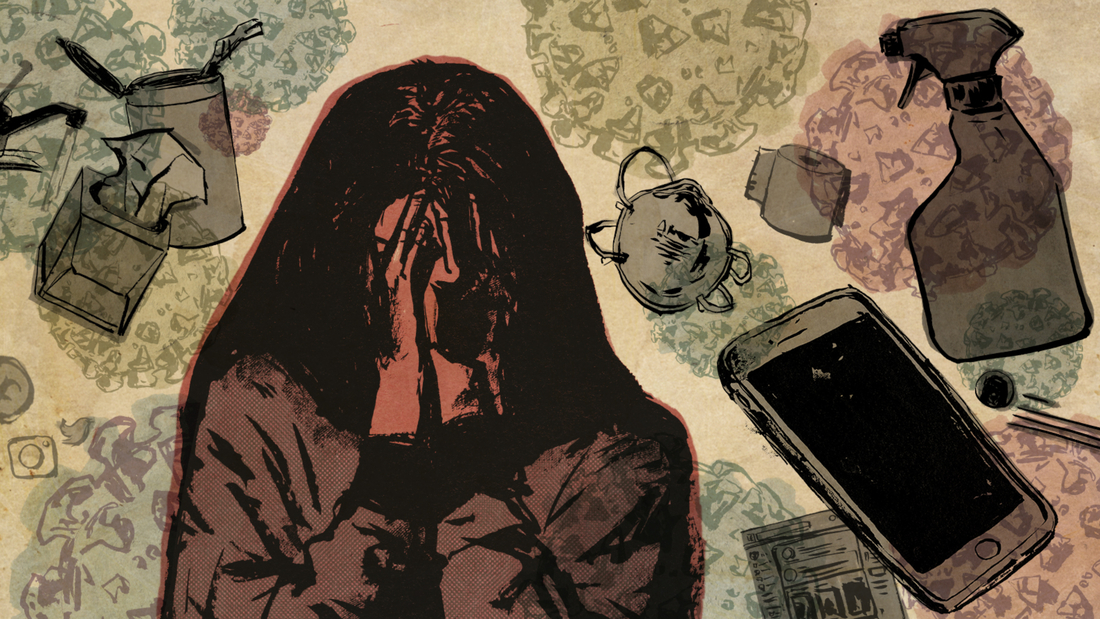The impact of Coronavirus on mental health

Governments and health experts from all over the world, including Malta, are working around the clock to contain the spread of the Coronavirus. Urgent public awareness campaigns are being held to inform the public of the seriousness of COVID-19, the disease that created the virus. Social measures to keep people apart, some voluntary and some imposed, have been implemented in many countries all over the world.
These drastic measures are necessary to lower the number of people catching the virus and the death count over the coming weeks and months. Of most concern is the welfare of those who are more vulnerable to the virus. The implementation of these measures, however, poses a less obvious but significant threat to the mental health of those who are not infected with the virus.
The impact of the spread of the Coronavirus on people’s mental health varies from one person to another, but the experts are saying that the most obvious repercussions are anxiety and solitude. It is easy to see how anxiety rears its head during a crisis. Breaking news items and the constantly changing messages that are being received from the Government and the health authorities are causing stress and uncertainty among citizens. For a sector of the Maltese population, these issues can cause fear and the feeling of losing control. They lead people to make irrational decisions while struggling to differentiate between the real dangers posed by the virus and imaginary risks that are conjured by people who suffer from this type of anxiety.
Another factor that puts mental health at risk is the isolation that is created when one distances oneself from others. Human beings, by nature, prefer to be part of a group. When we are denied this social contact, we may see an impact on our social and our mental health. Solitude was already a problem for some people before this virus appeared. Weeks of extended isolation imposed to control the spread of the virus can impact human health. The impact on mental health can last way beyond the time the virus is under control.
Mental health experts say that there are ways to fight the psychological problems arising from the Coronavirus. The most common pieces of advice include avoiding sensational news, making contact with people over the phone or internet, avoiding direct contact and using technology to access support from mental health professionals.
